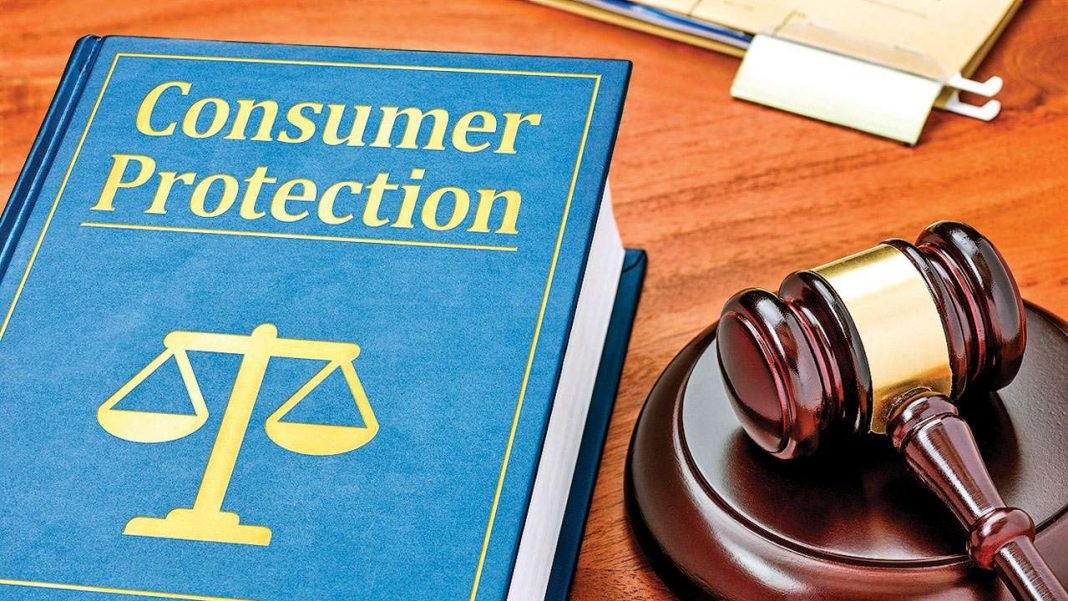In the realm of credit dispute resolution, the Fair Credit Reporting Act (FCRA) serves as a shield, protecting consumer rights and ensuring the accuracy of credit information. This case study delves into the pivotal role of legal advocacy in upholding these rights and navigating the complexities with lawyers for credit dispute.
Case Scenario:
Mary, a diligent professional, discovered discrepancies in her credit report that adversely affected her credit score. Concerned about the potential implications on her financial standing, she sought legal counsel specializing in credit dispute resolution to address the inaccuracies.
Challenges Faced:
Complex Regulations: Navigating the intricate provisions of the FCRA required expertise to ensure compliance and effective dispute resolution.
Negotiating with Creditors: Engaging with creditors to rectify errors and reach an amicable resolution posed a significant challenge due to legal nuances.
Legal Intervention:
Mary’s legal advocate meticulously reviewed her credit report, identified inaccuracies, and initiated the dispute process with the credit reporting agencies. Utilizing the FCRA provisions, the lawyer crafted a compelling case to challenge the erroneous information and protect Mary’s rights.
Strategies Implemented:
Thorough Investigation: The legal team conducted a comprehensive inquiry into the discrepancies, gathering evidence to substantiate Mary’s claims and strengthen her case.
Negotiation Expertise: Through adept negotiation skills, the lawyer engaged with creditors to facilitate corrections and secure a fair resolution for Mary.
Resolution and Impact:
By leveraging legal expertise and the protective mechanisms of the FCRA, Mary’s advocate successfully rectified the inaccuracies in her credit report, restoring her credit score and safeguarding her financial well-being. The case exemplified the significance of legal advocacy in empowering consumers and upholding their rights in credit dispute resolution.
Key Takeaways:
- Knowledge is Power: Understanding consumer rights under the FCRA is vital in addressing credit discrepancies and protecting financial interests.
- Legal Support Matters: Seeking legal counsel specializing in credit dispute resolution can streamline the process, ensure compliance, and secure favorable outcomes.
- Advocacy for Change: Through strategic legal intervention, consumers can challenge inaccuracies, advocate for fair treatment, and uphold the integrity of credit reporting systems.
Bottom Line
In the narrative of credit dispute resolution, lawyers for credit dispute emerges as a beacon of consumer empowerment, championing rights, rectifying injustices, and fostering financial resilience. Mary’s journey underscores the transformative impact of legal support in navigating credit disputes and fortifying consumer protections under the FCRA.
This conceptual case study illuminates the pivotal role of legal advocacy in empowering consumer rights and navigating credit dispute resolution challenges within the framework of the Fair Credit Reporting Act (FCRA). Should you require further elaboration on specific aspects of this case study or have additional inquiries, feel free to seek detailed insights.





